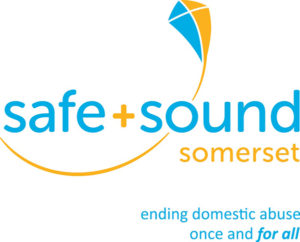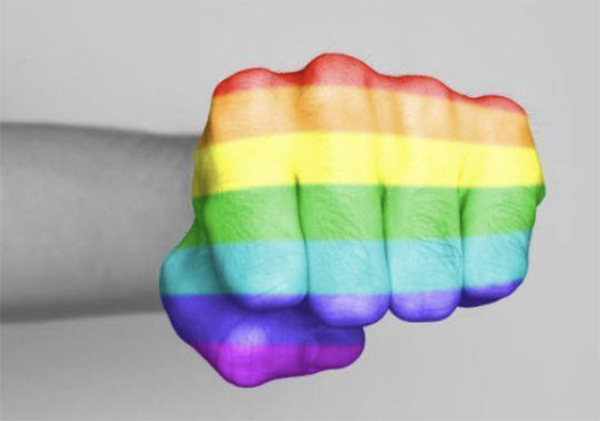Submitted by Taylor Williams LSW, Senior Clinical Leader
 Jesse and Sam had been dating for 2 years and recently moved in together. Jesse always had a jealous streak and never liked when Sam went to see friends. One night after coming home from a night out, Jesse accused Sam of cheating and threw Sam into a wall. Jesse apologized repeatedly saying, “If you wouldn’t have provoked me, this wouldn’t have happened.” Sam was shocked and did not know what to do or how to act. Sam loved Jesse and did not want to make
Jesse and Sam had been dating for 2 years and recently moved in together. Jesse always had a jealous streak and never liked when Sam went to see friends. One night after coming home from a night out, Jesse accused Sam of cheating and threw Sam into a wall. Jesse apologized repeatedly saying, “If you wouldn’t have provoked me, this wouldn’t have happened.” Sam was shocked and did not know what to do or how to act. Sam loved Jesse and did not want to make
matters worse by calling the police, but Sam was scared. What should Sam do?
This is an unfortunately common type of fight for survivors of domestic abuse. However, how would your perception of this story change if Sam and Jesse were both men? Or both women? Or if either were transgendered? What would it change for you?
Those who identify as a part of the LGBTQ community are at an increased risk of abuse within their lifetime as compared to heterosexual, cisgender peers. It is estimated that 22% of men and 40% of women in same-sex relationships experience physical abuse as opposed to 7% of men and 20% of women in opposite sex relationships (NCIPCDCP, 2011). It is unclear why domestic abuse is more common in these relationships, but these survivors face different barriers.
Every survivor feels the stigma of asking for help or reporting abuse, but those in the LGTBQ community have the additional fear of how law enforcement, the community, and criminal justice system will treat them and their relationship. Questions like, “Will the police believe that a woman can abuse another woman?” “What if the judge thinks I’m the abuser because I’m trans?” “No one knows I’m gay. How can I tell my family I’m being abused if they don’t even know who I’m dating? What will they think of me?” “Will my family disown me if I come out about my sexuality and my abusive relationship?” These types of questions lead many survivors to stay silent about their abuse out of fear and shame.
If you are a member of the LGBTQ community and you are questioning if you are in an abusive relationship, I encourage you to please call our hotline (866-685-1122), even anonymously, to see if we can help. If you are not a member of this community, I challenge you to become an ally. Becoming an ally can be as simple as asking someone’s preferred pronouns, doing your own research on the barriers this community faces, or simply reminding yourself that a survivor can be straight, gay, bisexual, transgendered, and everything in between.
Statistics cited from:
National Center for Injury Prevention and Control of the Centers for Disease Control and Prevention. (2011). The National Intimate Partner and Sexual Violence Survey (NIPSVS): 2010 Summary Report: Atlanta, GA.
Safe + Sound is located at 427 Homestead Road, Hillsborough, NJ. Their mission is to “empower survivors of domestic abuse and engage the community to break the cycle of violence.” Reach out to their 24-Hour Call or Text Hotline 866-685-1122. Visit them on the web at www.safe-sound.org.


